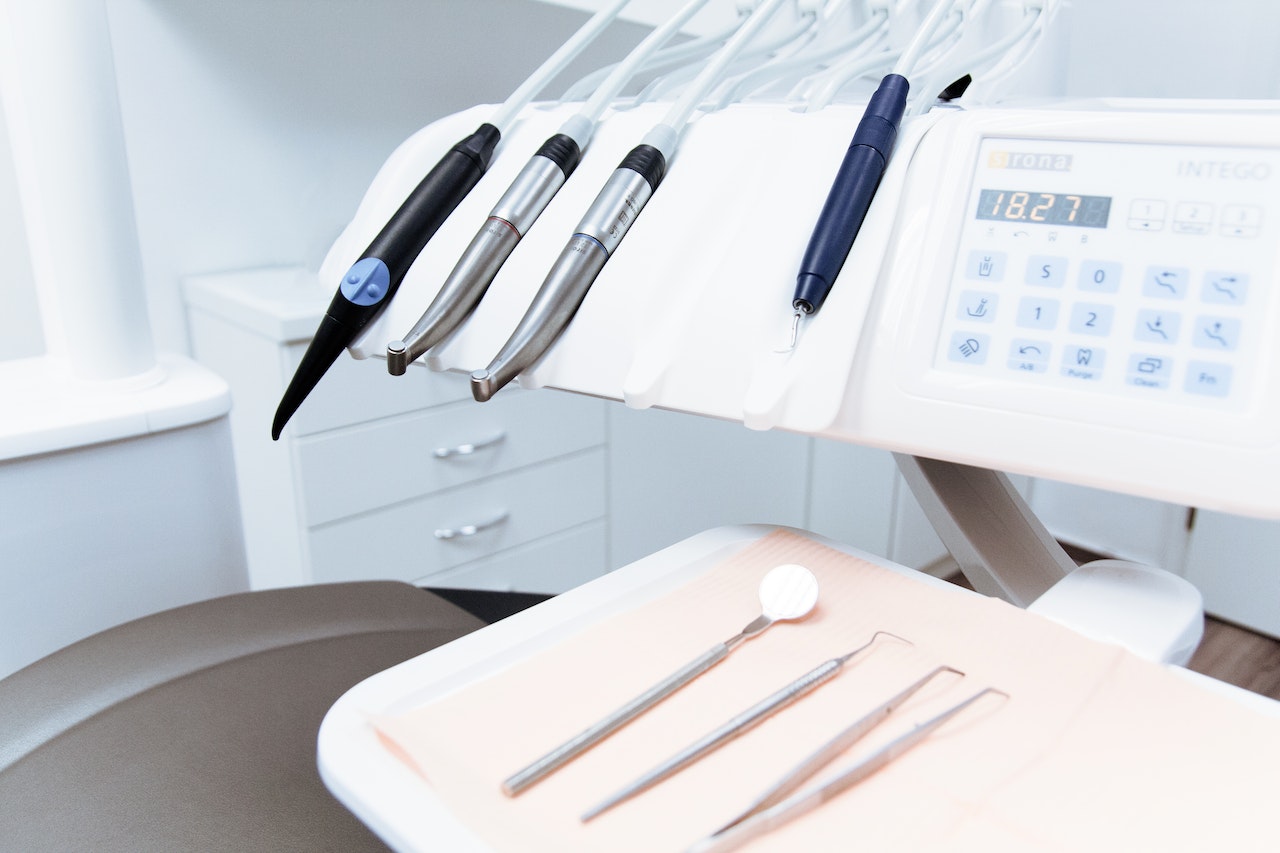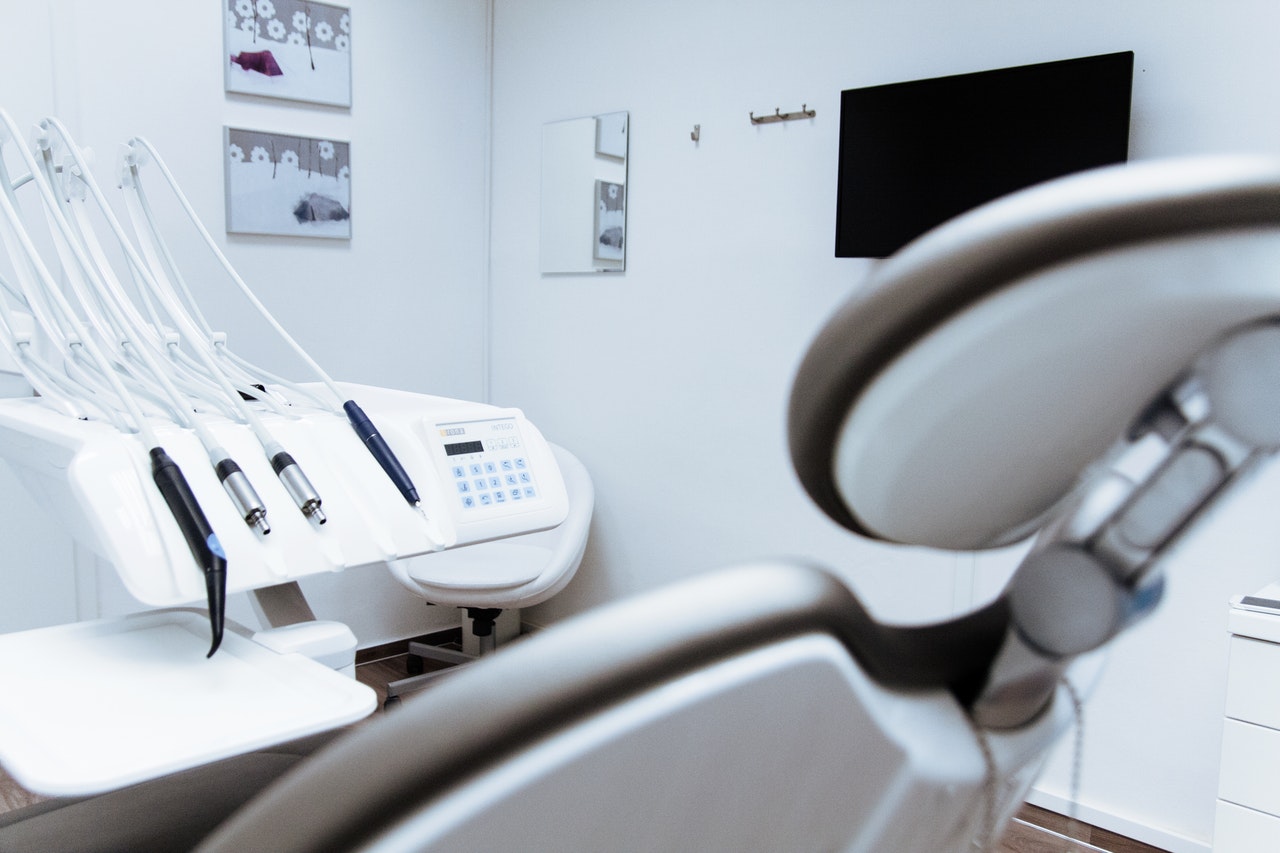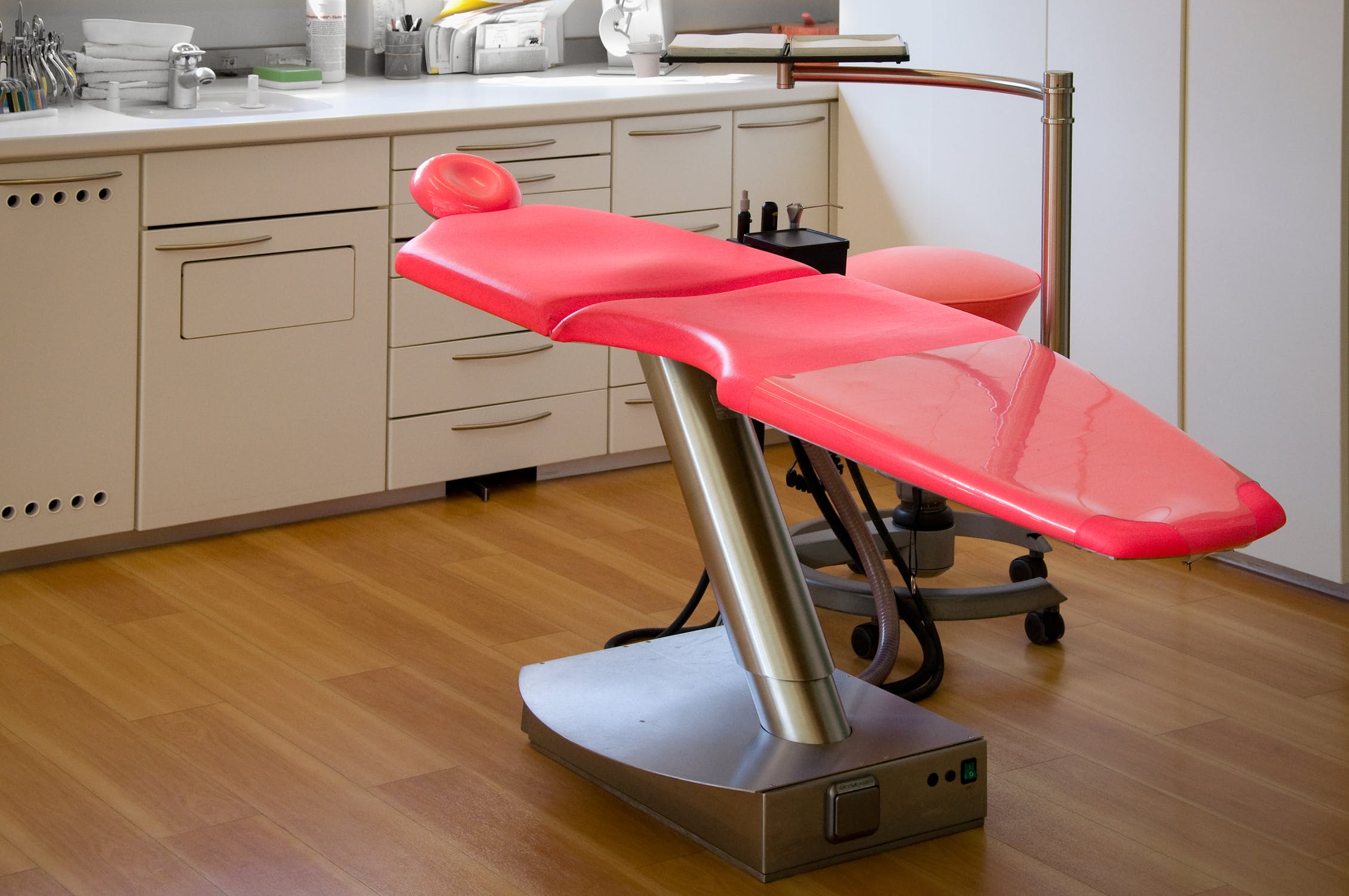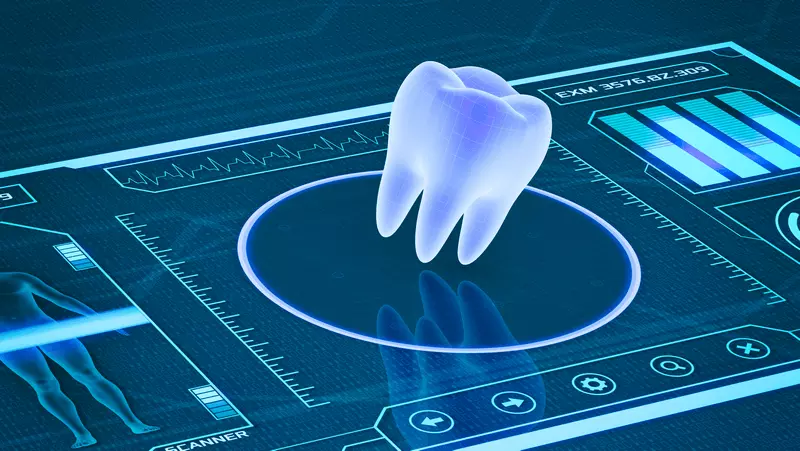Comments
- No comments found

Dental insurance can be a valuable resource for covering the cost of dental care, but it can be challenging to navigate and fully utilize its benefits.
By understanding your policy, maximizing your annual benefits, and making smart choices about your dental care, you can make the most of your dental insurance. In this article, we'll provide tips and strategies to help you do just that. So, let's dive in and explore how you can get the best bang for your buck from your dental insurance plan.

There are several types of dental insurance plans to choose from, and understanding the differences between them can help you make informed decisions about your dental care. Here are some common dental insurance plan types:
Preferred Provider Organizations (PPOs) allow you to choose any dentist you like, but they typically offer better coverage for in-network providers. These plans generally have deductibles, co-payments, and an annual maximum.
Dental Health Maintenance Organizations (DHMOs) are similar to HMOs for medical insurance. With a DHMO, you're required to choose a primary care dentist from a specific network, and you must get referrals for any specialist care.
Indemnity plans give you the most freedom in choosing your dentist but often come with higher premiums. These plans reimburse a percentage of the cost of dental services, regardless of the provider you choose.

Regular dental checkups are crucial for maintaining good oral health. By scheduling checkups at least twice a year, you can detect and address dental issues early on, preventing more extensive and costly treatments down the road.
Most dental insurance plans cover preventive care, such as cleanings, exams, and X-rays, at little or no cost to you. By taking advantage of these services, you can keep your teeth and gums healthy while maximizing the value of your dental insurance.
Your dental insurance policy likely has an annual maximum, which is the maximum amount your insurance will pay for dental services in a given year. To make the most of your benefits, try to schedule treatments so that you don't exceed your annual maximum.
In-network providers have negotiated lower rates with your insurance company, which means you'll typically pay less out-of-pocket when you visit these dentists. By choosing an in-network provider, you can maximize your dental insurance benefits and minimize your out-of-pocket expenses.

To make the most of your dental insurance benefits, it's essential to prioritize your dental treatments. Discuss your dental needs and treatment options with your dentist to determine which procedures should be prioritized.
Once you've identified the necessary treatments, work with your dentist to create a treatment plan that aligns with your insurance coverage and annual maximum. By strategically planning your treatments, you can optimize your dental insurance benefits and minimize your out-of-pocket expenses.

Flexible Spending Accounts (FSAs) are employer-sponsored accounts that allow you to set aside pre-tax dollars for eligible medical and dental expenses. You can use FSA funds to cover out-of-pocket costs not covered by your dental insurance, such as deductibles, co-payments, and certain treatments. Keep in mind that FSA funds typically expire at the end of the year, so be sure to use them before they're gone.
Health Savings Accounts (HSAs) are tax-advantaged savings accounts available to those enrolled in high-deductible health plans (HDHPs). Like FSAs, you can use HSA funds to cover eligible dental expenses not covered by your insurance. Unlike FSAs, HSA funds roll over from year to year, allowing you to save for future dental expenses.
By following these tips and strategies, you can make the most of your dental insurance benefits and ensure that you receive the best possible care for your teeth and gums. Don't forget to visit www.mybridgwaterdentist.com for more information on dental care and insurance.
Dental insurance can be a valuable resource when used effectively. By understanding your policy, maximizing your annual benefits, choosing in-network providers, prioritizing treatments, and utilizing FSAs or HSAs, you can optimize your dental insurance coverage and keep your smile healthy.
Leave your comments
Post comment as a guest